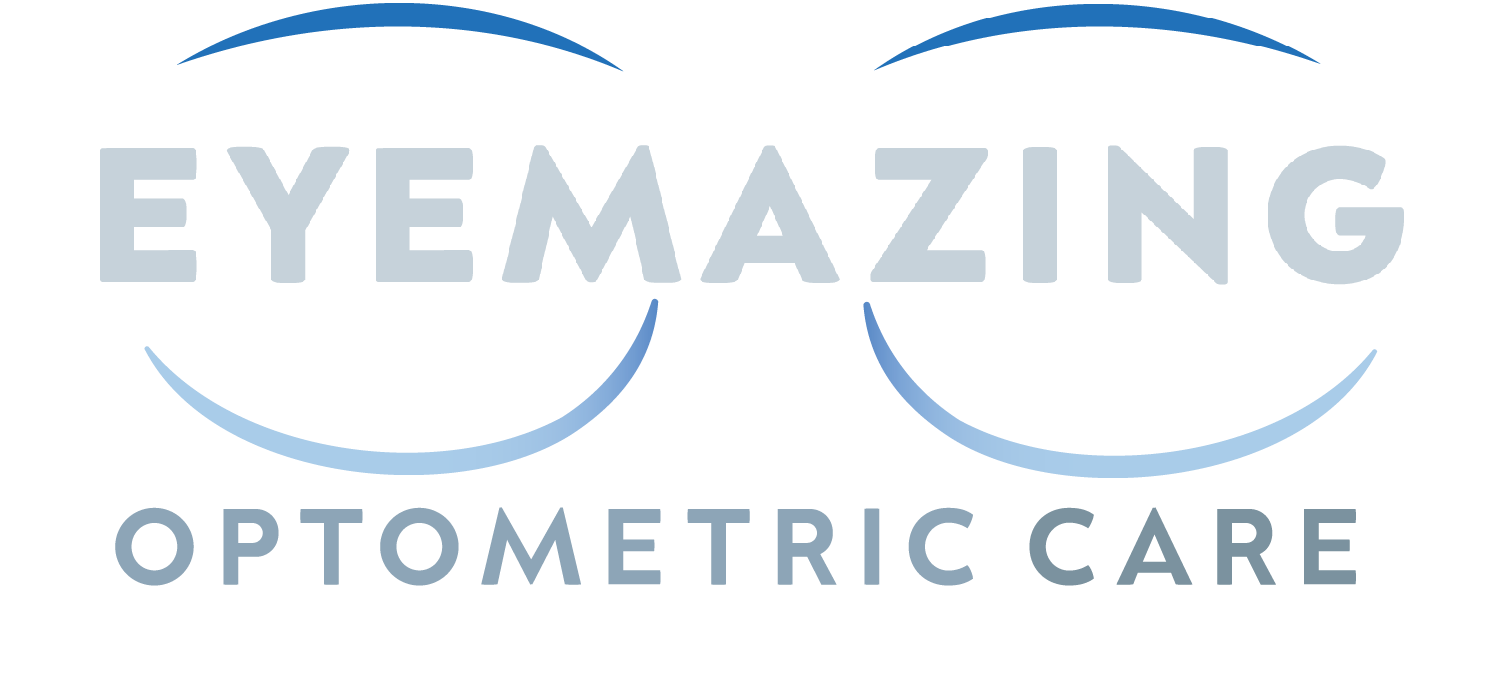What to Choose: Vision Vs Medical Insurance
Vision Insurance
Covers: Routine, preventative, and eyewear-related services.
Typical Benefits:
Annual eye exam for glasses/contact lens prescription
Glasses frames & lenses (allowance or discount)
Contact lenses (allowance or discount)
Purpose: Think of it like dental insurance — mainly preventive and corrective care, not medical treatment.
We accept the following vision plans
VSP
EyeMed
Davis Vision
March Vision
Superior Vision
Medical Insurance
Covers: Eye care when it relates to medical conditions, diseases, or injuries.
Typical Coverage:
Red eyes, pink eye, dry eye, eye infections
Glaucoma, cataracts, macular degeneration
Diabetes eye exams (diabetic retinopathy screening)
Eye injuries (scratches, foreign bodies)
Does NOT cover: Glasses, contacts, or routine vision exams (unless there’s a medical diagnosis).
We accept the following medical plans
Aetna MagnaCare
Anthem BCBS MetroPlus
Cigna Oxford
The Empire Plan VillegeCare Max
EmblemHealth UnitedHealthcare
Fidelis Care
HealthFirst
✅ Medical Insurance Examples
You wake up with a red, painful eye → could be pink eye, a scratch, or infection.
Your eye is injured at work or while playing sports.
You have diabetes → medical insurance covers a dilated retinal exam to check for retinopathy.
You are being monitored or treated for glaucoma, cataracts, or macular degeneration.
You have chronic dry eye and need medical evaluation and treatment.
You suddenly see flashes or floaters → must be evaluated for retinal problems.
If your eye doctor finds a medical condition during a routine exam, the visit will be billed to your medical insurance.
✅ Vision Insurance Examples
You come in for your yearly eye exam to update your glasses or contact lens prescription.
You want new glasses — your plan gives you an allowance toward frames and lenses.
You want to try contact lenses or need a refill (allowance or discount applies).
You just need a routine check-up and don’t have any eye-related complaints.
